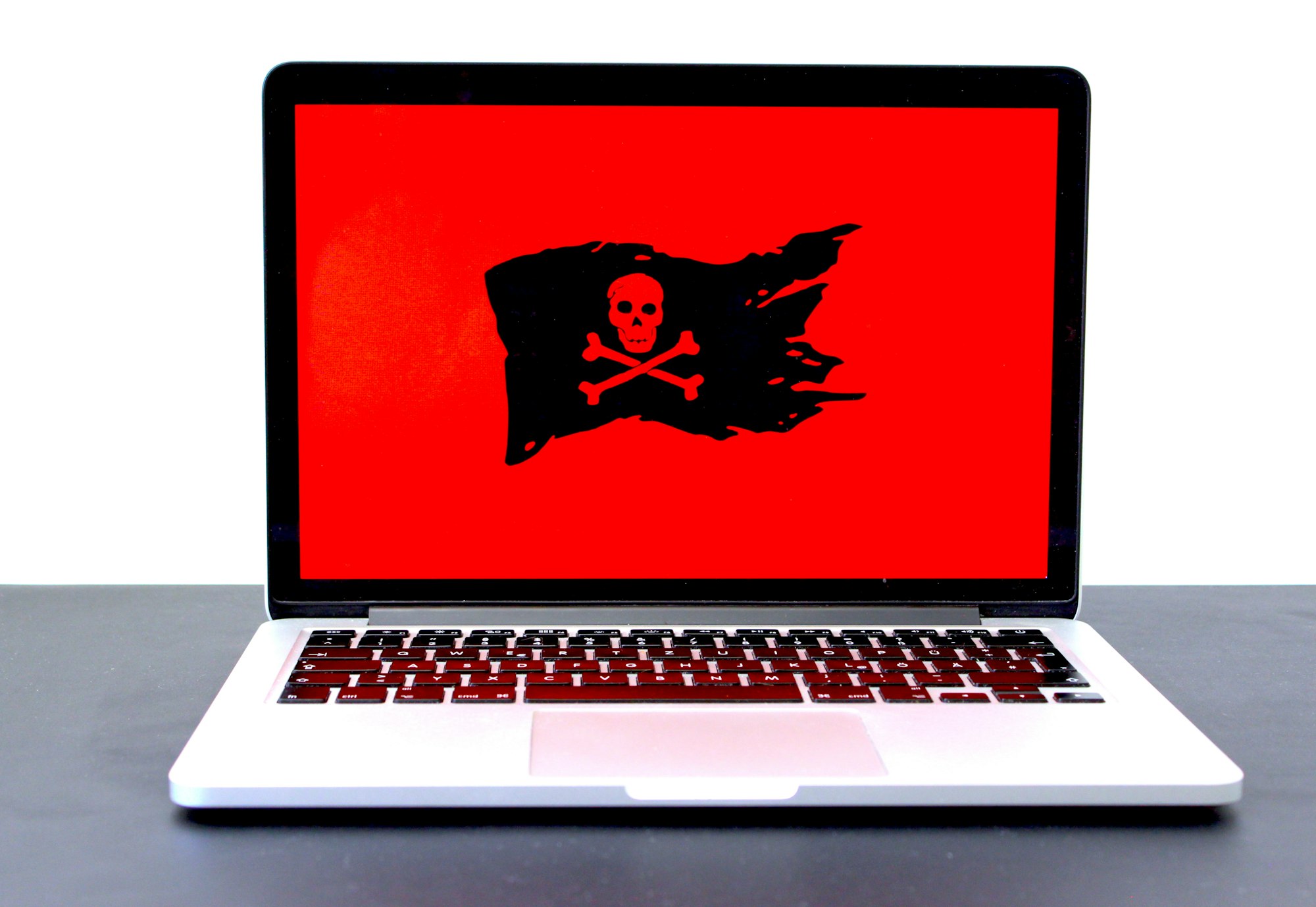
One of the biggest fears for companies doing business in the age of cybercrime is the risk that someone in their company inadvertently clicks on a link or downloads a file that exposes them to being held hostage to ransomware.
A ransomware attack is a malicious, often unprovoked attack on a company's ability to function.
Unless the company rewards the criminals who have attacked it—by paying the ransom—their business will suffer.
Like hurricanes, the biggest ransomware attacks are given names, like CryptoLocker, WannaCry, Petra or NotPetra.
In 2023, companies that once downloaded an innocent-looking bird app called "Twitter" now find out that the app has been taken over by a worm known as SpaceKaren.
The iconic 17-year-old bird brand has been killed and replaced with the letter X.
Worse, a Trojan Horse in the form of CEO Linda Yaccarino has unleashed a new form of ransomware—let's call it the YaccAttack—on businesses who see no value in advertising on X and are unwilling to subsidize hate speech on a platform that actively promotes child sexual abuse.
Twitter is too X-rated for brands
Under Musk, Twitter/X has not only restored previously banned users, it has now incentivized the most extreme, most toxic and least trustworthy accounts with advertiser-funded "creator payouts" that reward these trolls for increasing "engagement."
Many users have already moved on—recognizing that much of the "engagement" Musk promotes is actually abuse.
And if Twitter is too obnoxious and unsafe for humans, it's simply too toxic for brand marketers concerned their ads may appear alongside a pro-Hitler account or someone calling a user a "groomer" because they think kids should be allowed to read picture books about penguins.
Even as X is using its dwindling pool of ad dollars to write hefty, five-figure checks to the likes of accused rapist and sex trafficker Andrew Tate, the company is contending with a 50% drop in advertising revenue and negative cash flow.
The YaccAttack virus forces brands to pay
As I noted on July 16, X CEO Linda Yaccarino began life as Musk's would-be advertising savior barred from “negotiating“ deals with advertisers by a noncompete clause with her former employer NBC Universal.
But that hasn’t stopped her from holding a gun to their heads:
Beginning August 7 they could lose their verified status – the gold check mark next to their account names – if they do not spend $1,000 on ads in the previous 30 days and $6,000 over a 180 day (six month) time period.
What's so bad about that, you ask?
Verification is key for many major brands and companies to ensure that other accounts with similar names cannot impersonate them.
We know that Musk has no concept of brand equity (or content moderation or user safety). As Twitter owner, Musk's pay-for-play verification model has already allowed impersonators to create havoc for brands from Coca-Cola to Eli Lilly to even his own Tesla.
But Linda Yaccarino knows the importance of branding—and how costly it can be when brands lose their halo.
Instead of making X a place where brands can raise their image up, she's making it an operation built on shaking them down.
Instead of using a 10-slide deck to make a legitimate ad sales pitch, she's using the language of a protection racket: "Nice brand you've got there. Shame if something happened to it."
Thanks for reading! All content to Unprecedented is free—there's no paywall. Please feel free to share and sign up if you want to leave a comment. If you do enjoy the content, please support if you can...
Subscribe to Unprecedented
Subscribe to the newsletter and unlock access to member-only content.